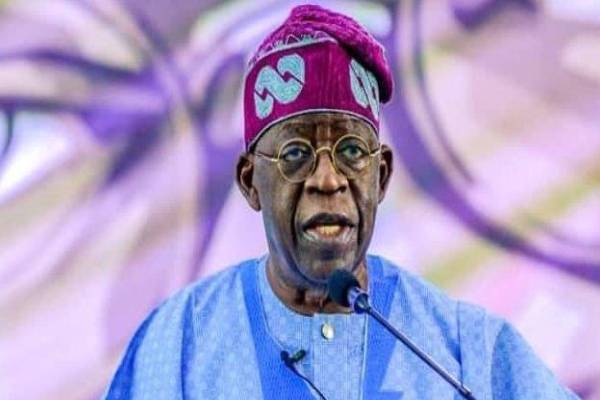News Diary
ISI, short for Inter-Services Intelligence, is not your run-of-the-mill spy agency. Founded on January 1, 1948 with the goal to “gather, process, and analyze any information from around the world that is deemed relevant to Pakistan’s national interest”, its men know exactly where the corpses are buried. And so, it’s not by mistake that the American Crime News called ISI, the world’s finest and strongest intelligence agency, ranking higher than even the United States Central Intelligence Agency (CIA) that prides itself as the world’s premier foreign intelligence agency. But I digress.
Stratocracy, a term first used by the renowned English political theorist, Sir Robert Filmer, elucidated a form of government headed by military chiefs. But it was Samuel Finer, a political scientist of no less standing, who went on to differentiate a stratocracy as a government by the army backed by a constitutional provision as opposed to military regimes where the army is a rogue element that usurps a nation’s leadership using the threat of force.
The closest modern equivalent of a stratocracy is the State Peace and Development Council (SPDC) of Myanmar, in Southeast Asia. This military government completely abolished the civilian constitution and legislature in the country while at the same time reserving 25% of the seats in the legislature for military personnel.
Stratocracy is not particularly the best way to describe the political system in Pakistan, but what obtains in this south Asian nation for all intent and purpose, may not be too far from that concept either. Or how do you explain a system where men with all the guns are the ultimate kingmakers, pulling the strings while lurking far behind in the shadows!
Pakistan, officially called the Islamic Republic of Pakistan is a nuclear-armed multi-ethnic nation with the majority of its people being of the Punjabis tribal stock, followed by the Pashtuns and then Sindhi and Sariaki ethnic groups in that order. It is the fifth largest country in the world and with a population of about 220 million people, it is roughly the size of Nigeria. Pakistan came into being from the efforts of a coalition of movements that sought a separate homeland for Muslims leading to the partitioning of the then British Indian Empire, 75 years ago, precisely in 1947.



